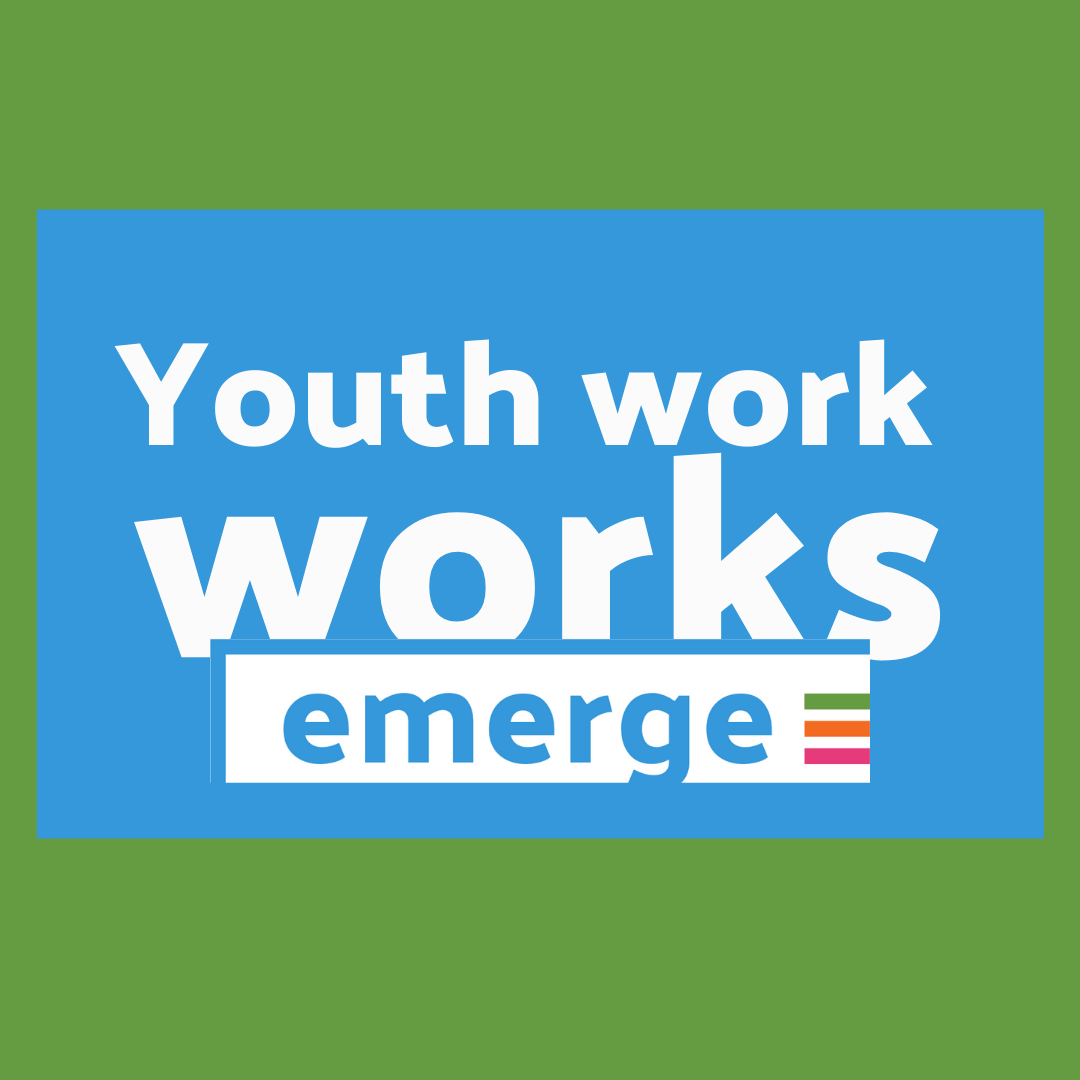Youth Work Works – Part 3
So far in our Youth Work Works series we have introduced you to how we engage with large numbers of young people through our open community based activities, and we have explained how we work to inspire change in young people’s lives through a range of more focused groups, trips and activities which young people choose to engage with.
Alongside the above we have different ways into our work which are not led by the young person in the first instance, i.e. young people are referred to us. The main area where this takes place is our school-based support programmes. We currently work weekly in six Secondary schools and nine Primary schools.
We see at least 60 young people per week and have supported over 200 individuals through our 1-2-1 work in the last year. Alongside this we work within group settings in two schools, supporting all of their year 5 and 6 pupils.
Schools contract with us and buy the time of our youth workers to support young people where they have highlighted a challenge the individual is facing which is impacting their ability to engage in their education. At the point of referral our youth workers need all their skills to engage each individual and turn the referral process into a positive choice to participate by the young person. This is done by creating a safe place to talk, using quick games, paper-based resources and other tools to engage all different ages, backgrounds and interests of young people.
The young people we support in school often have complex lives and multiple challenges. As we have said before, we generally can’t solve the challenges they face, but we can support them to face them positively, and to build resilience to engage future challenges. Within our 1-2-1 support work we often use a tool we call ‘Wheel of Life’ which helps young people both identify the areas of life they find difficult, but also where there are positives to be found and where they have existing strengths and skills.
The length of time we work with each individual in school varies according to the needs of the individual and the way the school ask us to work, but it is often more limited than we would like. We therefore always aim to invite and include young people we support in schools, within our community based youth work. Our experience over the years has been that when we work in this ‘wrap around’ way and are present in multiple aspects of an individual’s life, we see more positive change over time.
Alongside our work in schools, our Young Adults Support work operates in a similar way out of school. Focused on 16-22 year olds, this project aims to support young adults towards independence. In particular this means support to re-engage with education and to move towards employment, as well exploring life skills related to food, housing and finances. Currently we are also part of a national research project into mentoring which has given us another route to support young people in a similar but distinctive 1-2-1 setting.
Look out for our next article in this series next month!



